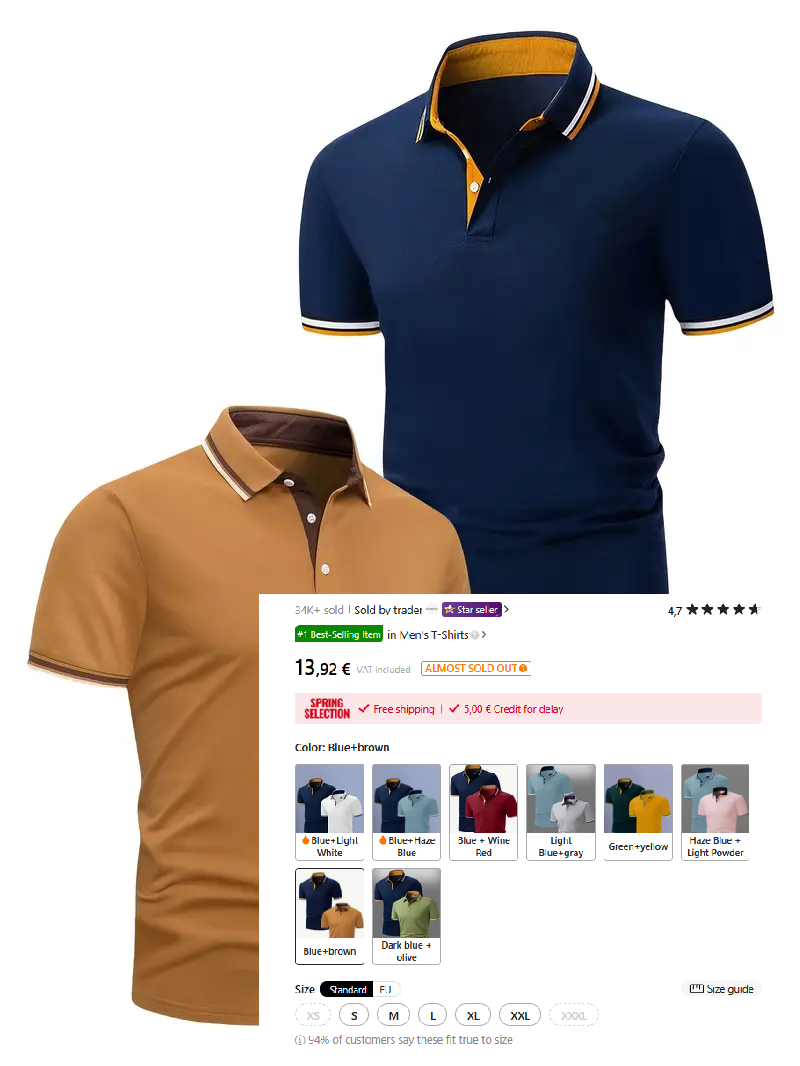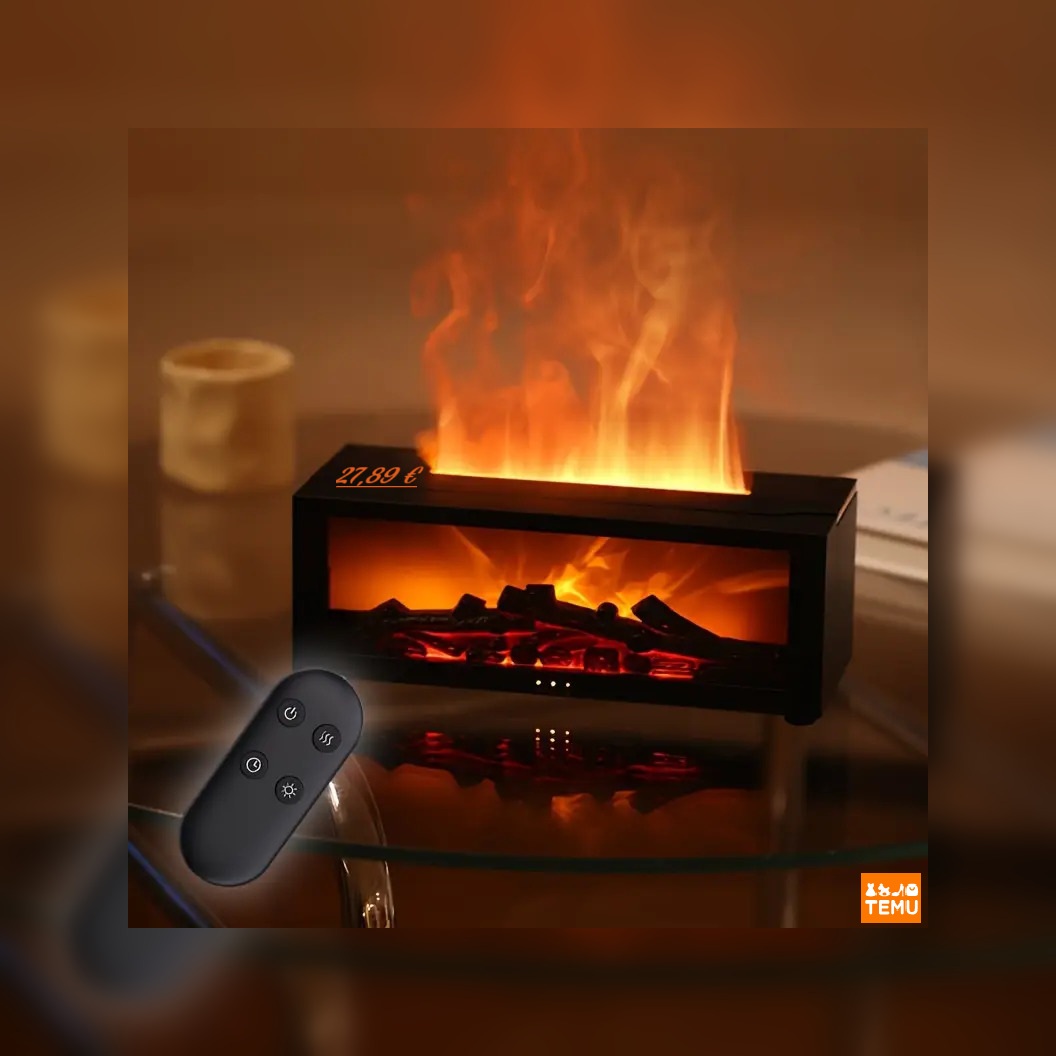Plantlets
YOUR LINK HERE:
http://youtube.com/watch?v=nK4DiJFQSQw
Plantlets • Visit our website: http://www.sliderbase.com/ • Free PowerPoint Presentations for teaching and learning • A plantlet is a tiny version of a plant still attached somewhere to its parent plant • The plantlets obtain food from the parent plant until they are established • Plantlets can be obtained by different methods: • 1. production of plantlets from runners • 2. production of leaf plantlets • 3. production of plantlets from offsets • Some types of plants produce plantlets at the end of ‘horizontal’ stems called runners. • The plantlet can be ‘pegged down’ into a small pot of compost using wire • When the roots are established, the runner is cut close to the new plant and the wire removed • Some types of plant develop plantlets on the edges of mature leaves • These can be detached from the leaf and grown in small pots of compost • An example of this is the Mexican Hat plant • In other plants, a plantlet develops at the base of each mature leaf where it meets the leaf stalk. • An example of this is the Piggy-Back plant • An offset is a tiny plantlet that develops as a side shoot at the base of the parent plant • Sometimes different offsets are produced and these then form a clump at the base of the parent plant • An example of this is the Mother-in-law’s Tongue plant • A plant with offsets can be propagated by division • This means separating the offsets from the parent, normally using a sharp knife • The offsets can then be planted in new locations • Advantages of Vegetative Propagation • Exact copies of parent plants can be produced in most cases • Often simple and relatively quick • Large plants can sometimes be produced in a short period of time • Good quality and uniformity among plants produced • Disadvantages of Vegetative Propagation • All offspring share common susceptibility to disease • Not suitable if variation is desired
#############################

 Youtor
Youtor




